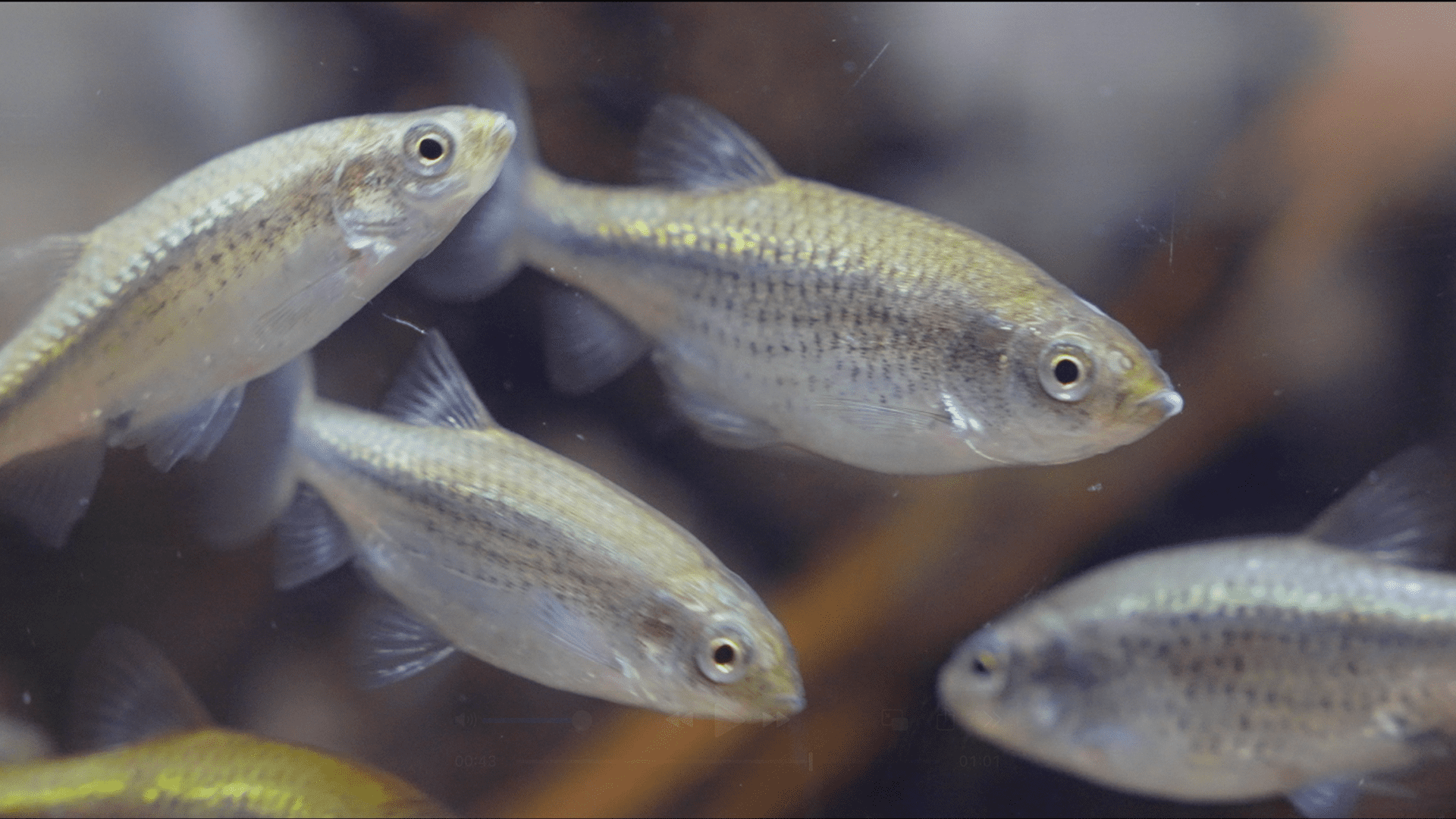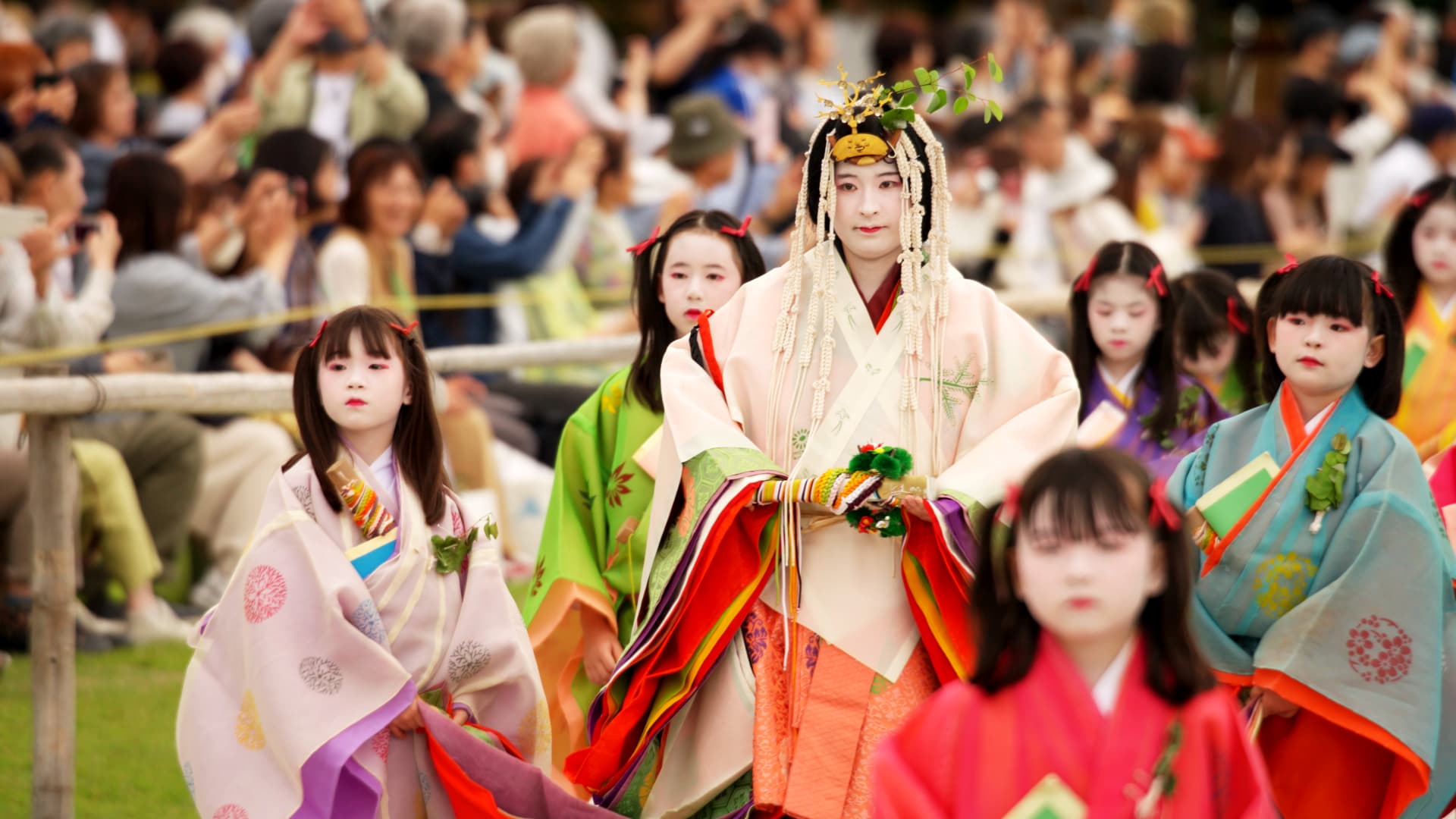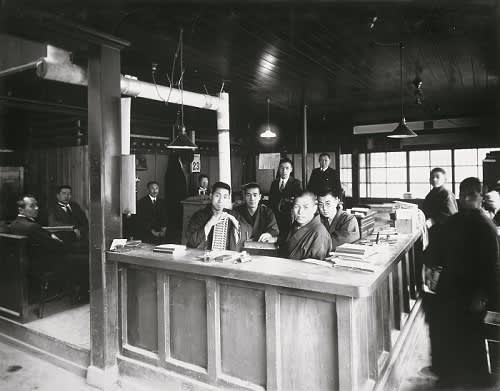Cultivating circular agriculture with a zoo in Japan | Takeda Stories
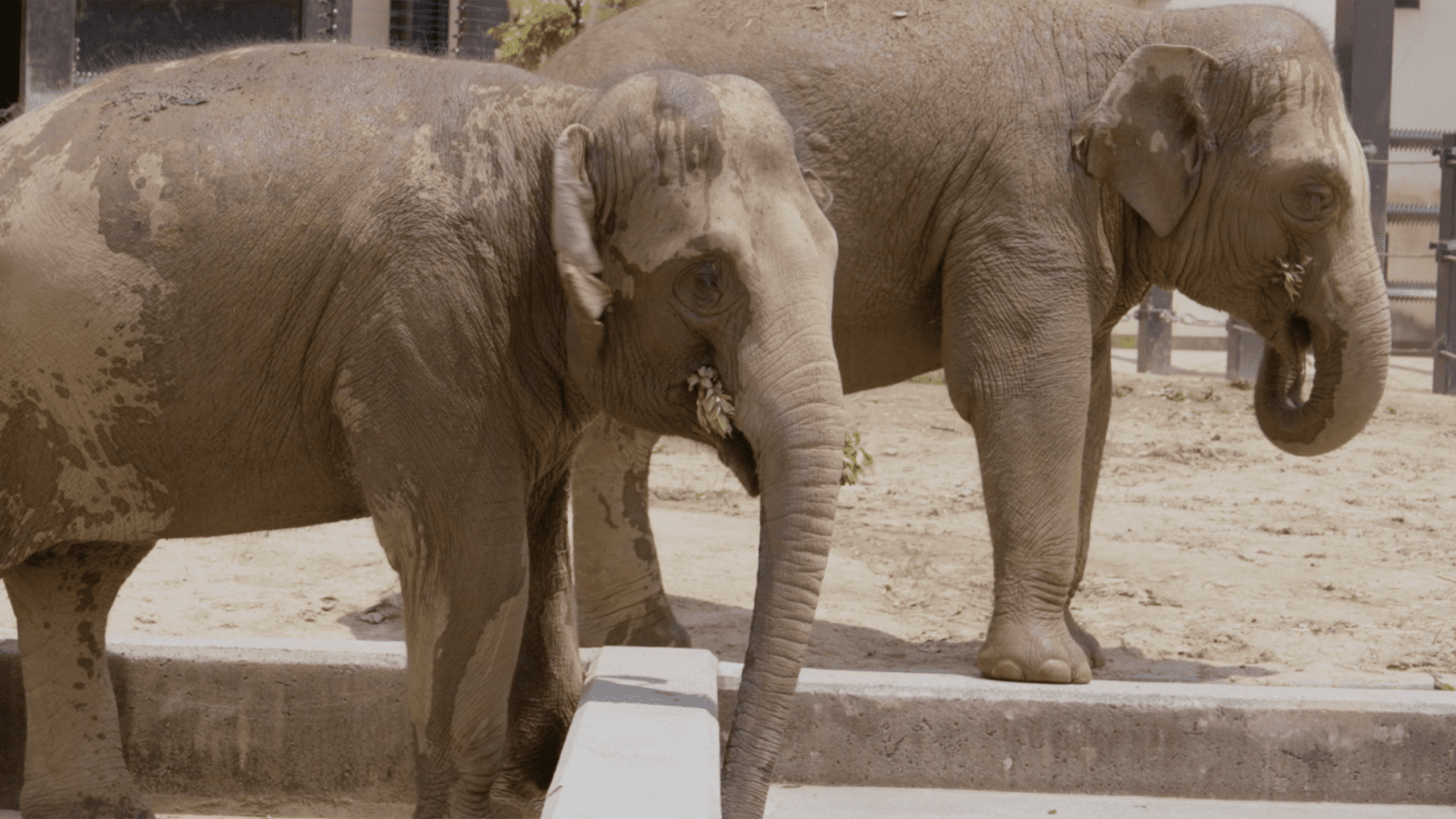
Cultivating circular agriculture with a zoo in Japan
“We must play our part in building a sustainable planet and environment for future generations.”
Yusuke Tosa from Kyoto City Zoo shares his thoughts on creating a more sustainable society.
The zoo is home to a diverse range of animals, from elephants and hippos to ducks and owls to crocodiles and turtles. With more than 100 species and 600 animals, the zoo faces challenges related to sourcing food and managing waste. Seeing these challenges as an opportunity for education, Kyoto City Zoo and Takeda launched a collaborative project to promote a circular agriculture model.
As part of this initiative, we collected animal waste from elephants, zebras, and other species at the zoo — along with plant stems and roots discarded from the Takeda Garden for Medicinal Plant Conservation in Kyoto — and used as raw materials for compost. We use this biomass-based compost to cultivate medicinal plants and grow crops such as pumpkins and peanuts, which serve as food for animals. Local community members join planned events to take part in planting and harvesting.
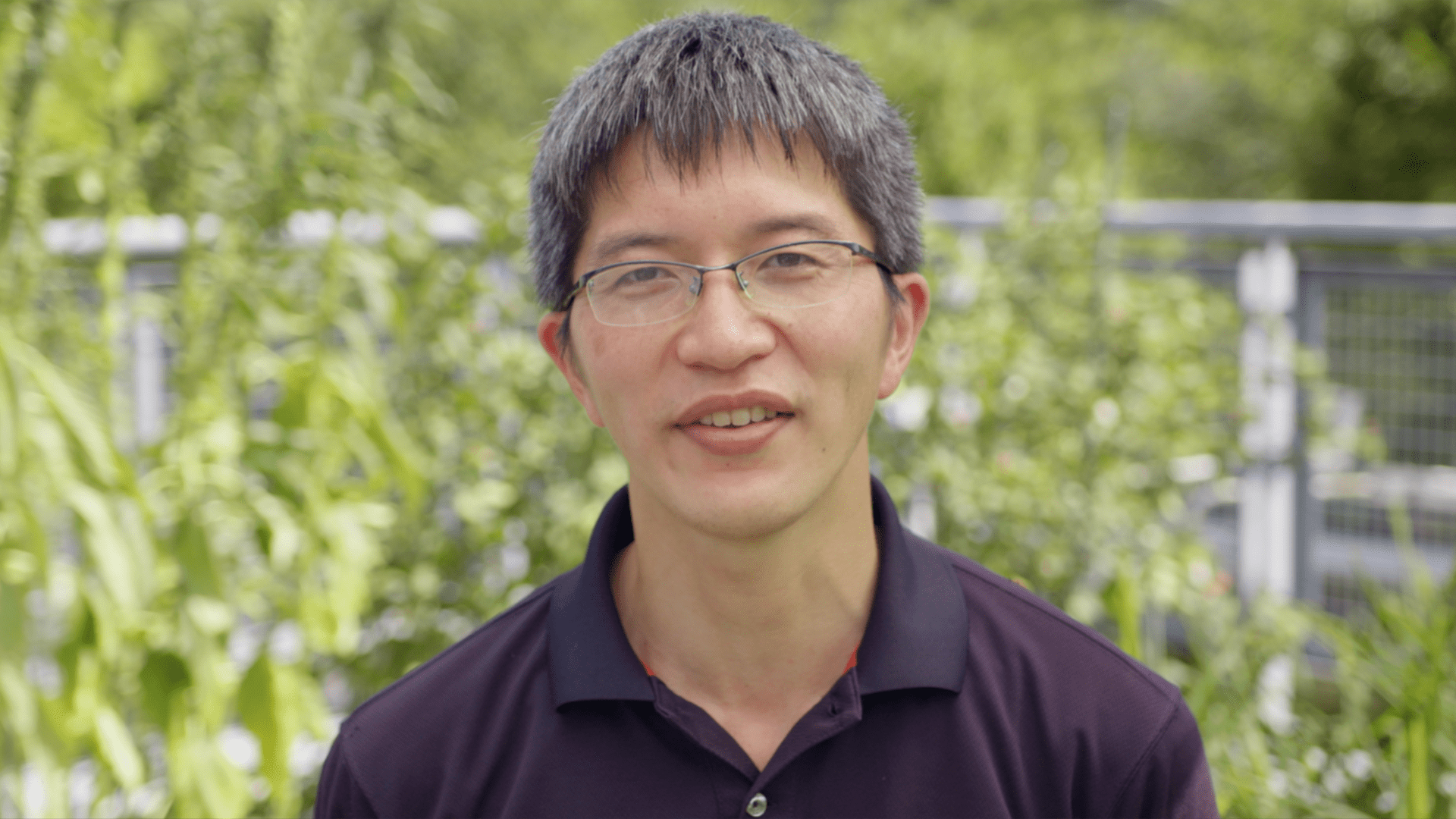
Masaya Ando, who leads this project at Takeda Garden for Medicinal Plant Conservation in Kyoto, shares his perspective: "Witnessing the animals eating the plants that we grew and seeing the children light up with surprise and excitement by what they were experiencing was incredibly rewarding.”
“We hope to inspire actions that make a greater impact on the world by sharing this knowledge with a wider audience." Masaya Ando, Takeda Garden for Medicinal Plant Conservation in Kyoto
Providing hands-on learning experiences
The Takeda team collaborates with various organizations to promote sustainable plant cultivation techniques and raise awareness about biodiversity.
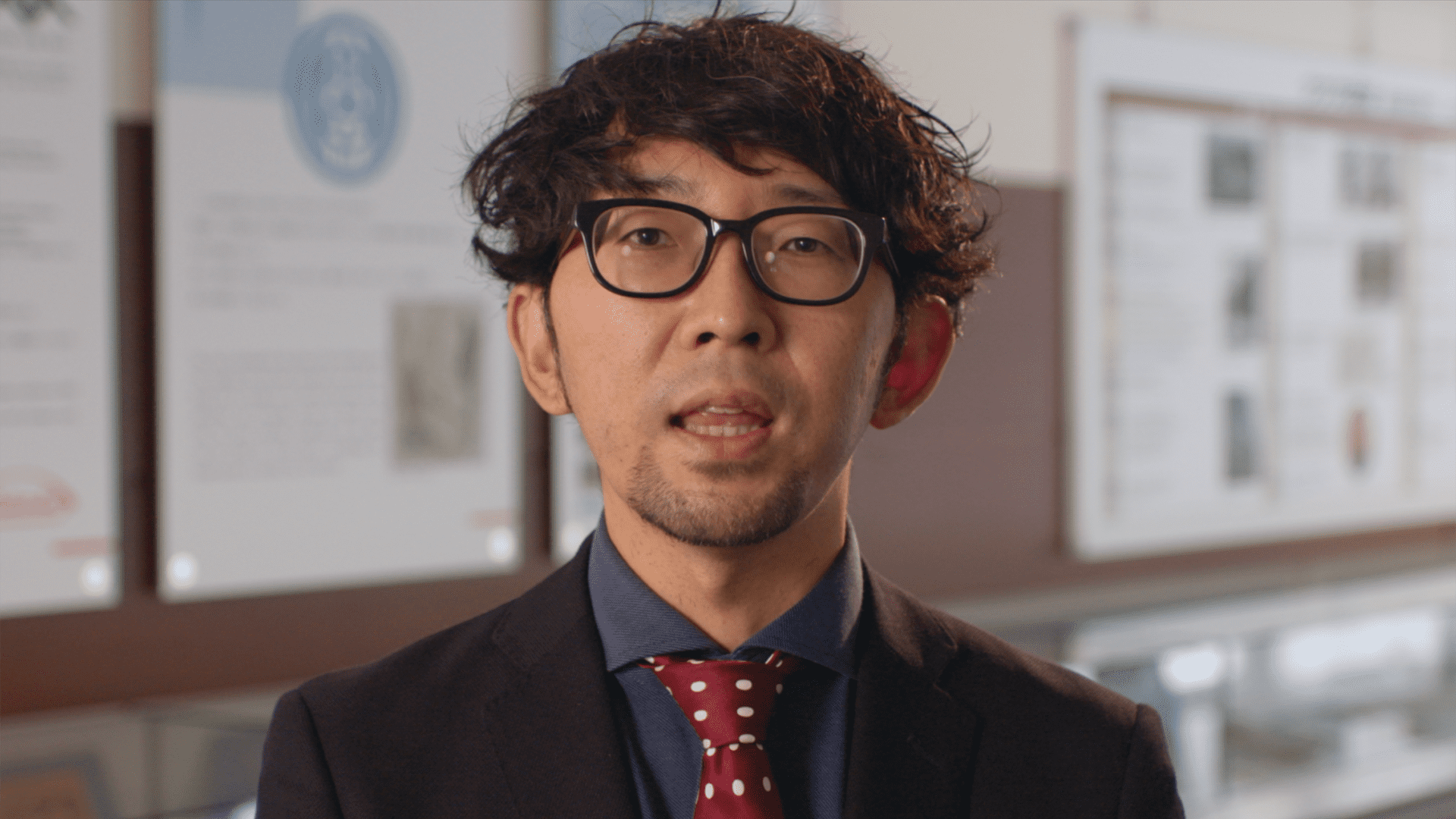
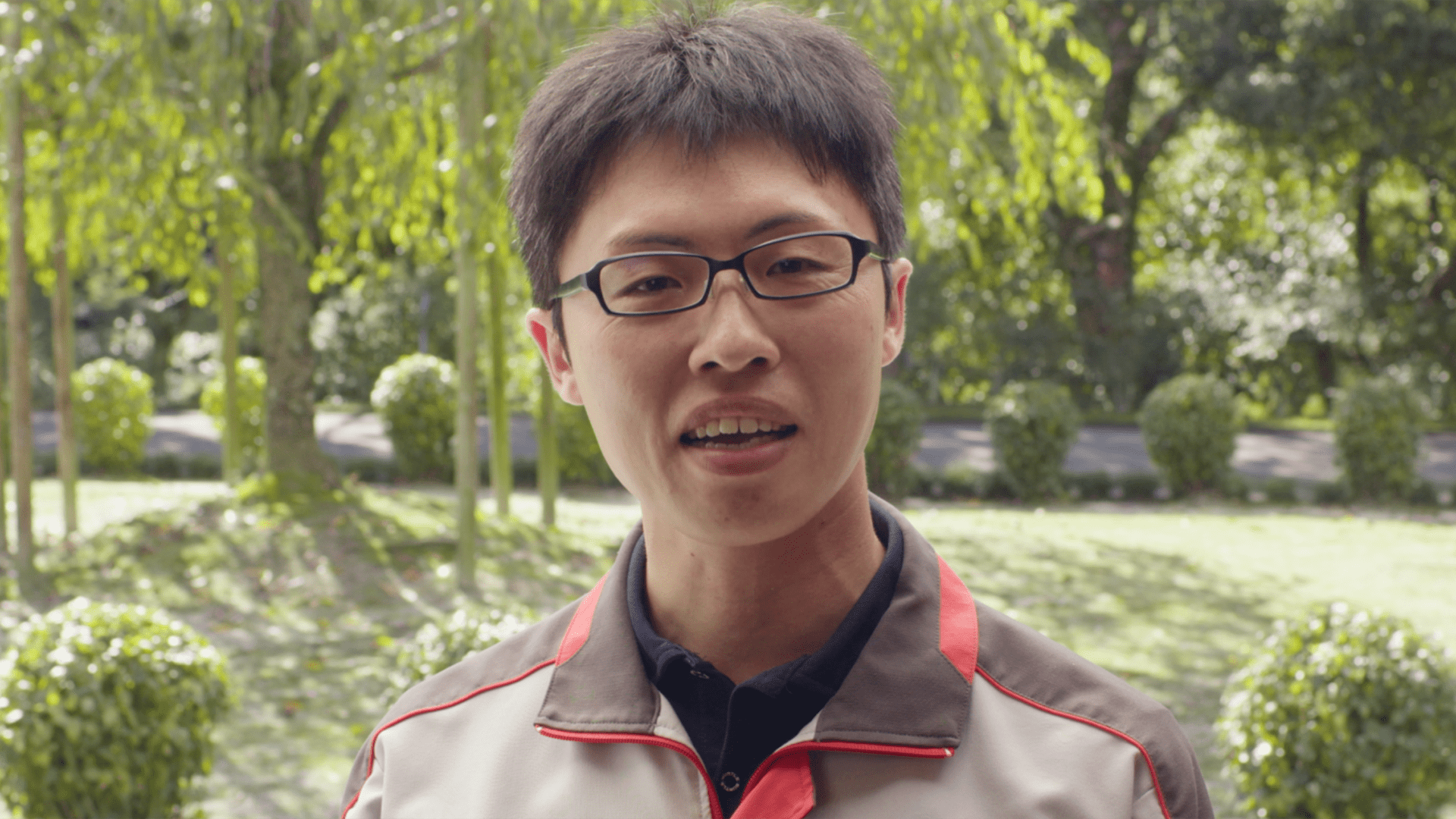
* Certified in 2024 under the Act on the Promotion of Environmental Conservation Activities through Environmental Education.
Share this story

